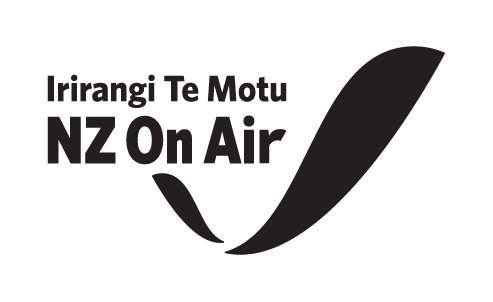“You know, what we do today becomes tomorrow’s culture.” – Emile Kairua on Te Maeva Nui
The Cooks wrapped up its Te Maeva Nui (TMN) festival and 60th Anniversary in style this week, highlighting how Cook Islanders from all over the diaspora have made this event a success
From the day participants started arriving on Rarotonga by boat from the outer Cook Islands or from overseas by plane, the country knew it was in for a big celebration.
And among those eager arrivals were members of the Manihiki Henua group from Auckland.
“It was good to finally have a good run through with the whole team, considering,” says team member Nani Tupou.
“Our team has been coming in, you know, drips and drabs, and we haven’t really had a full team since we have arrived.”
Some 1500 performers from across the islands and wider diaspora took part in this year’s performing arts programme which ran over 10 nights at the National Auditorium.
Groups represented islands as well as vaka or districts on Rarotonga. And many of them were a blend of islands-based and overseas – mainly Australia and New Zealand – based performers and participants.
This spread of talent among the groups has become a feature of TMN over the years but it is most definitely highlighted during a milestone anniversary event.
And it is made all the more significant with all the other activities surrounding the celebrations like the traditional Maori games and Trade Day at Punanga Nui Market.
“Back in the day it was an opportunity to catch up with cousins that just came in, and that was pretty much every year,” says festival Director Eile Kairua.
“And it’s very much the same today… getting all our friends and family from Pukapuka, Manihiki – not just to hug and kiss – it’s also just to talk, find out how things are, how the homeland is… and put face to face again.”
Kairua’s the head of the Cultural Development ministry, the body that sets the rules for the performance programme. And each year they have their work cut out for them to allow groups to be creative and express themselves, while operating within the guidelines.
“We’re having to rely on our orators, our choreographers, our costume designers – we’ve had many workshops leading up to the festival this year – where we’ve vigorously defended traditional costumes while also appreciating that we live in a changing time,” Kairua says
“Our diaspora is bigger than those here in Rarotonga so (it’s) understanding how far we can push the line but remain grounded on what our people call Cook Island culture.”
Kairua acknowledges that the “culture” is always exposed to the forces of change and that young people, ever increasingly connected with the rest of the world, can drive this change.
“Culture is not a dead thing. You know, what we do today becomes tomorrow’s culture. So, we’ve got to be careful that what we’re passing on is remaining true without taking the fun out of what we do.”
Nearly 10,000 more attendees are estimated to have travelled to experience Te Maeva Nui this year. Many are family, friends and relatives who have come from abroad to make the trip home to reconnect with their roots.
Kairua is hopeful that TMN becomes more reflective of the wider community.
“My hope is that we get bigger… we become more reflective of the 300,000 Cook Islanders that live in this world, not just the 16,000 that live here,” he says.
“Wherever our people are, they need to celebrate; whatever version of Cook Islands culture that they have, and whatever they’ve held onto, bring it home. Bring it home. And then it’s a chance to use Te Maeva Nui as a platform to put things right or improve on things that we may have gotten wrong.”

Comments
Post a Comment